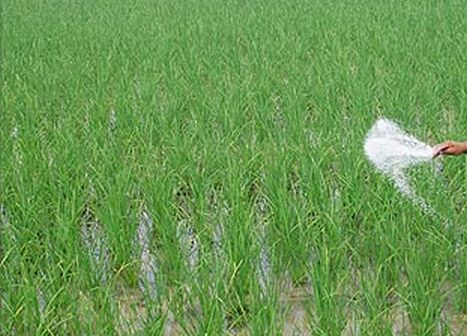
Along with moisture and sunlight, plants also need a variety of nutrients to survive. These nutrients can be gained from fertilizers that are necessary foods for plants apart from what they make through photosynthesis. As human beings need energy to work, plants also need nutrients to survive and work. Let us see some major reasons why plants require fertilizers.
For nourishment and healthy growth
Plants need nourishment in order to grow and develop in a proper manner. The healthy foliage growth happens when we offer the required nourishment to plants through fertilizers. While plants survive and grow on a required amount of nutrition through fertilizers, it should be avoided to provide extreme amounts of fertilizers to plants. Too much and too little quantity of fertilizers can actually damage a plant and make it die. You should first learn about the constitution of a fertilizer in terms of micro and macronutrients present in it. Then, apply a particular fertilizer to your plant.
For gaining required nutrients
Plants need some critical micro and macronutrients that only fertilizers can offer. The most critical elements required for their building and maintenance include potassium, phosphorus and nitrogen. These macronutrients are not freely available in nature. Thus, we have to be dependent on fertilizers that can supply these macronutrients to plants. Apart from this, fertilizers also supply a variety of secondary nutrients and micronutrients to plants. These elements include calcium, sulfur, magnesium, iron, zinc, copper, cobalt, manganese, etc.
For sustaining life processes
To sustain various life processes in plants, we need to provide them nutrition. This nutrition comes from fertilizers, as only soil and photosynthesis cannot offer them the required amount of energy to carry on with their processes. Thus, giving the required fertilizer in the right amount is a necessity for the proper maintenance and sustenance of every plant.